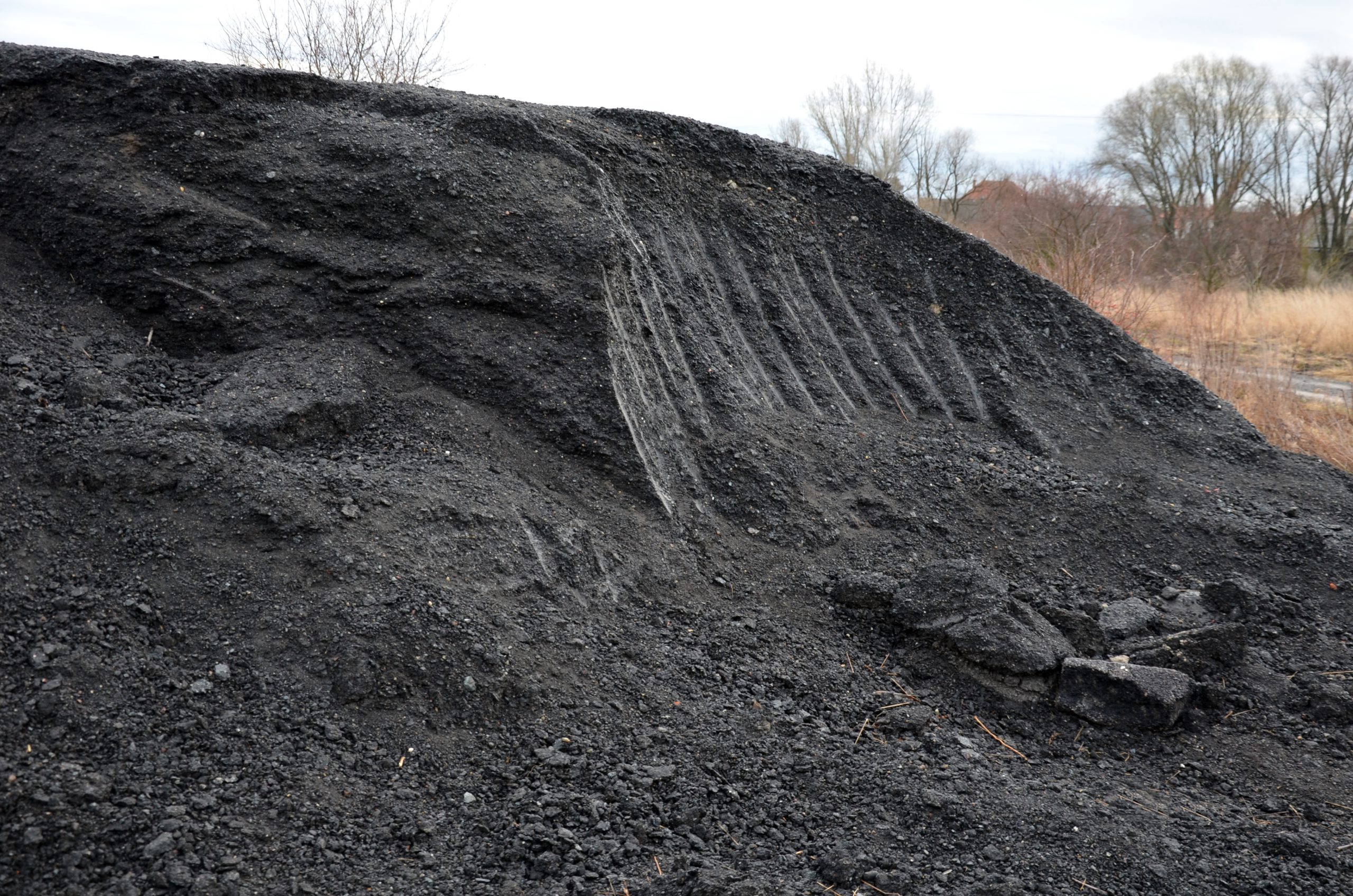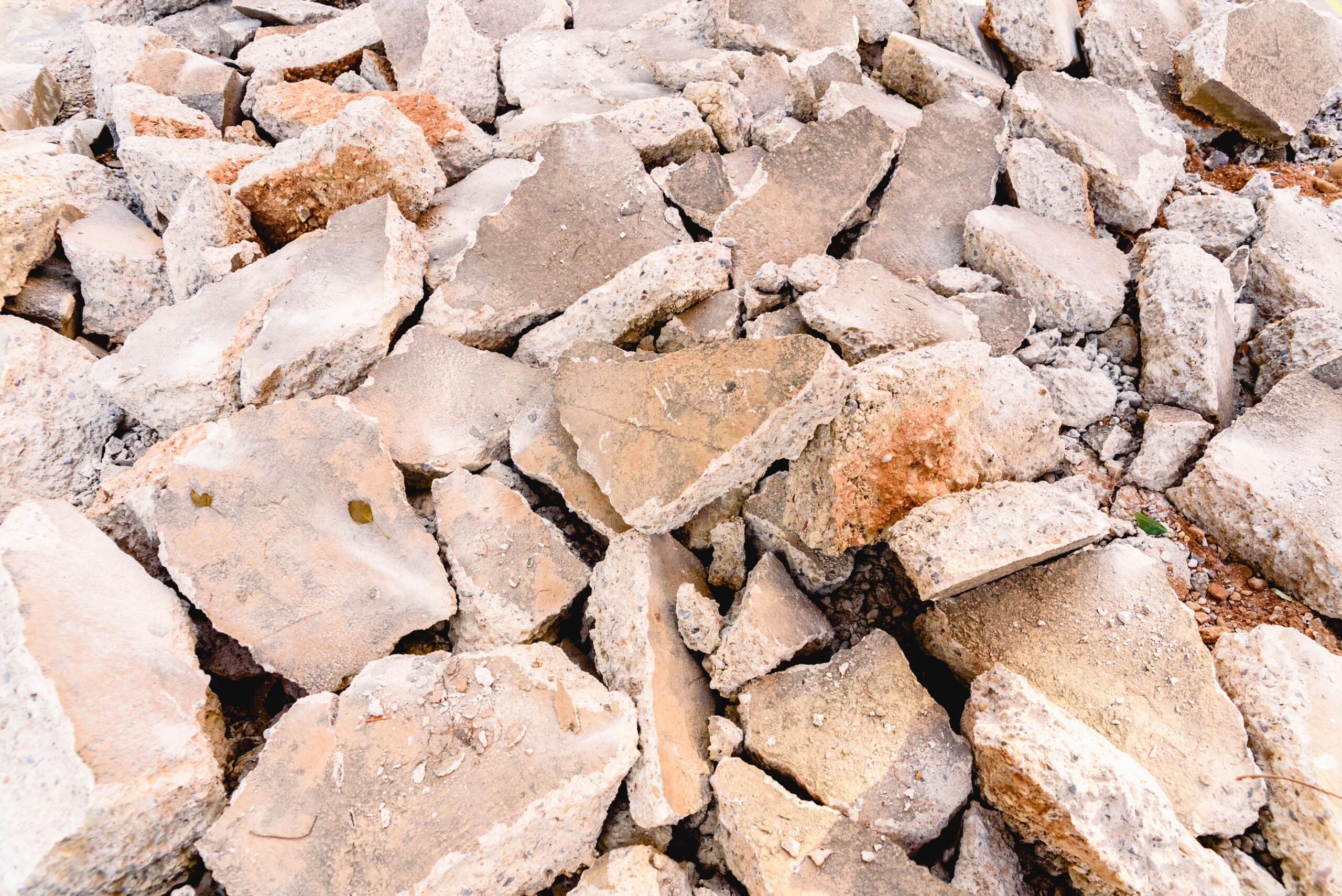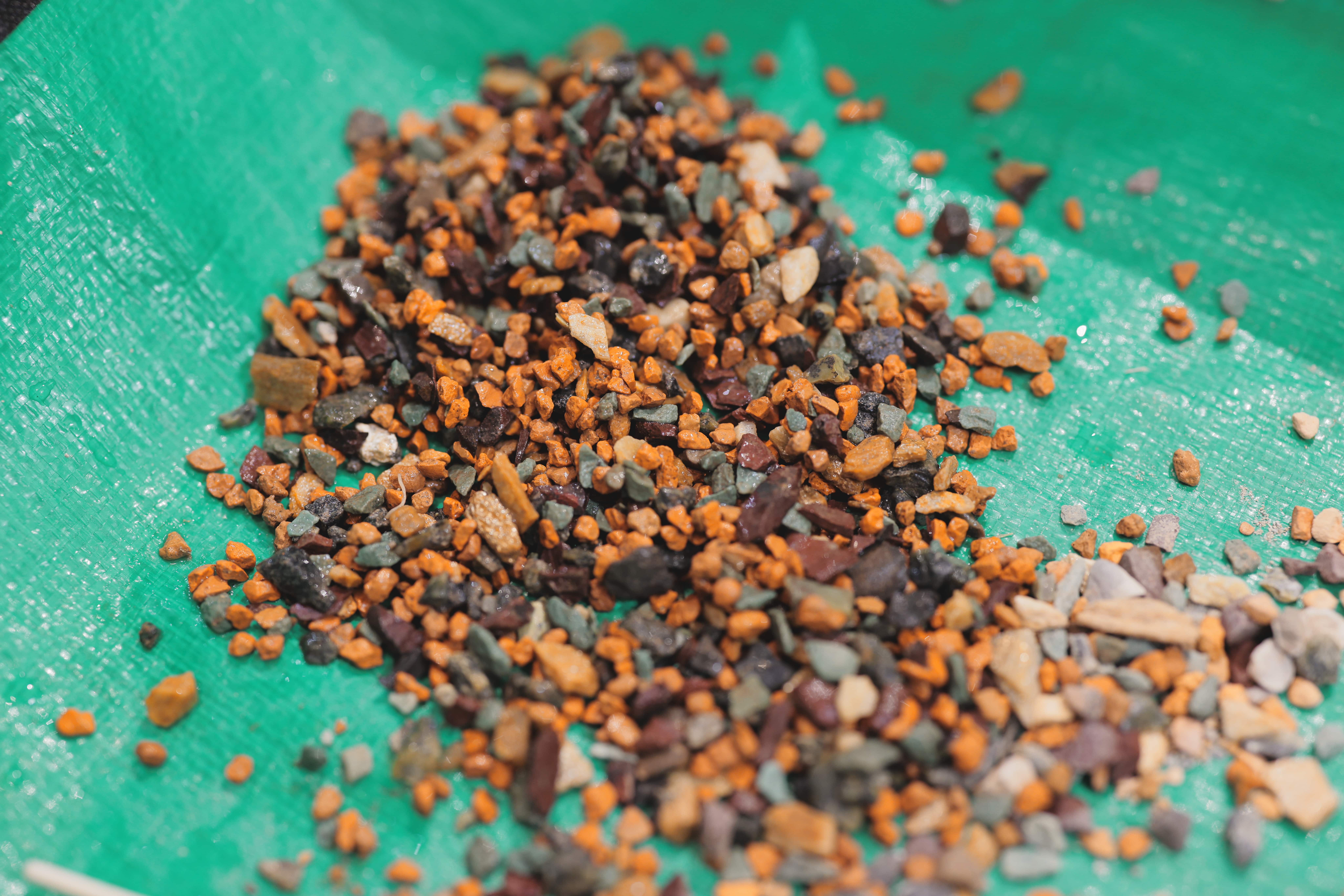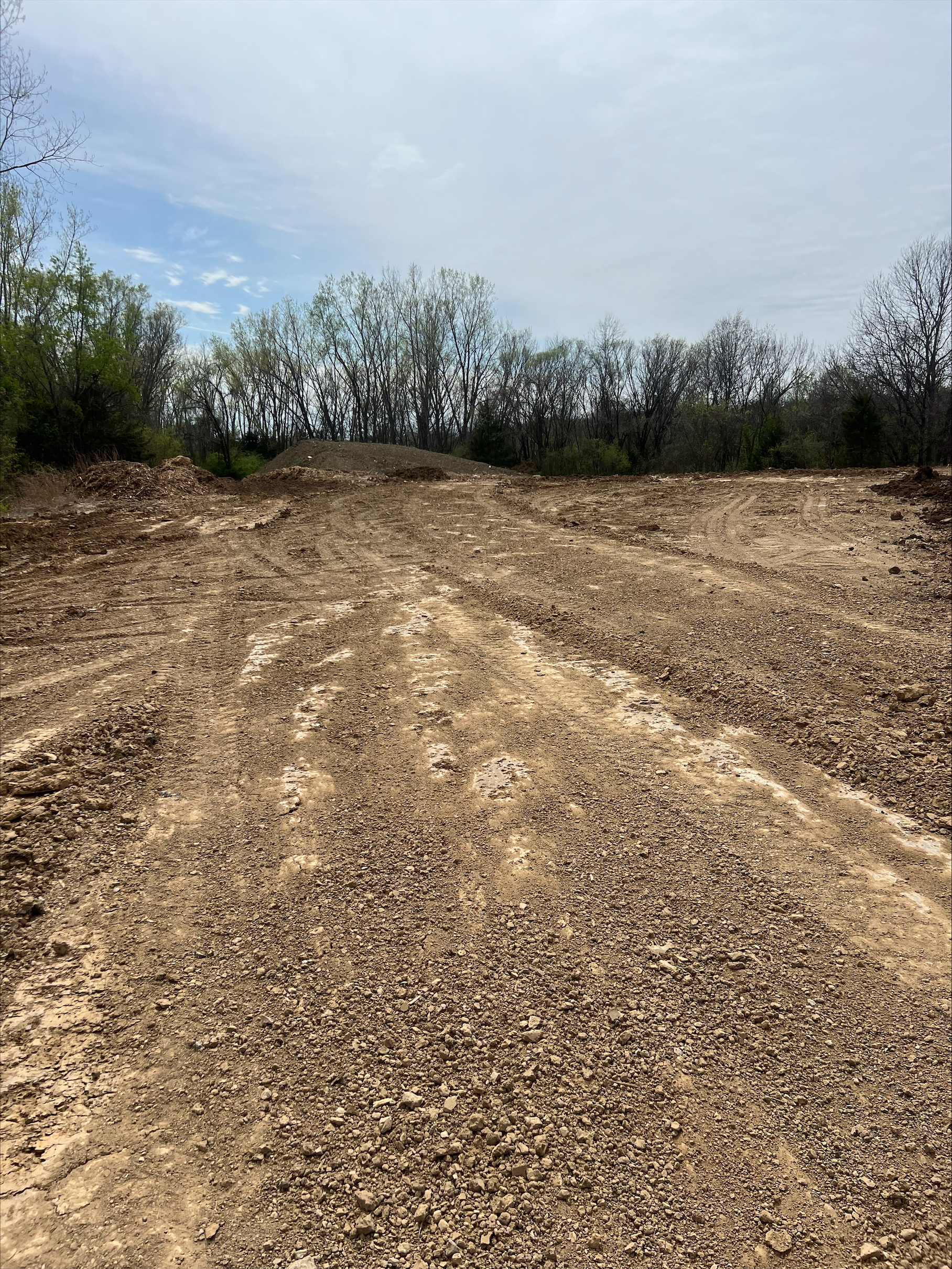When budgeting for construction or landscaping projects, the conversation eventually leads to a big question: what construction materials offer the best value? When it is time to lay the foundation for whatever comes next, asphalt milling and gravel are two popular material options. But which one is cheaper, and more importantly, right for your needs?
To help you decide which aggregate material is best for your project or application, let’s look deeper into the costs, advantages, and potential disadvantages.
What To Know About Asphalt Millings And Gravel
Asphalt Millings
Asphalt millings are a recycled material, typically a byproduct of road repairs or reconstruction. Old asphalt removed during the work is ground up and repurposed as millings. Eventually, asphalt used in milling returns into the supply chain, eliminating the need to create or extract new, unprocessed materials.
Gravel
Gravel is a material extracted from the ground. Factors like quarry location and the amount and type of gravel needed for your project can impact pricing and availability. Local supply and demand can also dictate pricing and how easy it is to secure.
Generally, but not always the case, gravel is more expensive than asphalt milling.
Quality Versus Cost
Not only are asphalt millings cost-effective, they are incredibly durable. They compact well to create a surface that resists erosion and can handle moderate traffic effectively. These qualities make asphalt milling a great choice for driveways, parking areas, and walkways.
Gravel is versatile. For projects that require ample drainage and foundational stability, it’s ideal as a foundation. Available in different grades, it’s suitable for rain-prone areas or for creating a stable base under other materials.
Scope and Suitability
The choice between asphalt milling and gravel often depends on the size and type of your project.
- Asphalt Millings: Perfect for smaller, budget-conscious projects like private driveways or temporary paths.
- Gravel: Better suited for larger or more complex tasks like building solid foundations or long-term landscaping installments.
Be sure to weigh the short-term and long-term benefits when deciding which material is best for your project. For example, asphalt milling might cost less upfront, but gravel could provide greater value for projects that require drainage or heavy-duty performance.
Sustainability Considerations
Asphalt millings are recycled, making them a sustainable option for eco-conscious projects. By reusing materials, you’re reducing waste and supporting greener construction practices.
Gravel, although not recycled, is a naturally abundant material. It can be sourced locally in many areas, helping to minimize transportation emissions.
How to Find Construction Materials for Your Project
Sourcing the right materials for your upcoming projects can be easier than you think. Here are a few potential options that can help streamline your workflow:
Quarries and Suppliers: Local quarries and suppliers often provide direct access to aggregate materials, potentially with convenient options for pickup or delivery. Depending on the supplier, they might also offer bulk discounts.
Public Works Departments: Some cities and communities may make surplus materials like asphalt millings available to the general public after road projects, providing a budget-friendly option.
Contractor Surplus: Contractors often have leftover materials from previous jobs. Reaching out can help you find quality materials at a reduced cost.
Community Marketplaces: Platforms like Craigslist or Facebook Marketplace are great for finding or purchasing excess materials from property owners or small businesses.
Online Platforms: Borrow Pit connects buyers and sellers, offering a convenient source of materials like asphalt millings and gravel for quick pickup or delivery.
Frequently Asked Questions
Q: Are asphalt millings good for long-term use?
A: Asphalt millings compact well and create a durable surface, especially for low-traffic areas. Proper installation and periodic maintenance can enhance their longevity.
Q: Which material is easier to work with?
A: Asphalt millings are typically easier to work with because they compact naturally without requiring additional bonding agents. Gravel may need more effort for leveling and stabilization.
Q: Is drainage a concern with asphalt millings?
A: Asphalt millings are less porous than gravel, so they are less effective at drainage than gravel.
Smart Material Choices for Every Project
Whether you choose asphalt milling for its affordability and sustainability or gravel for better drainage and stability, the unique needs of your project should guide your decision.
Exploring options available closer to home can shorten lead times and keep your project on track.
If you have excess materials available for sale or need new sources, sign up for Borrow Pit today! Our growing platform provides a convenient way to find, buy, sell, or trade construction materials to keep your projects on track with a tap or click!




